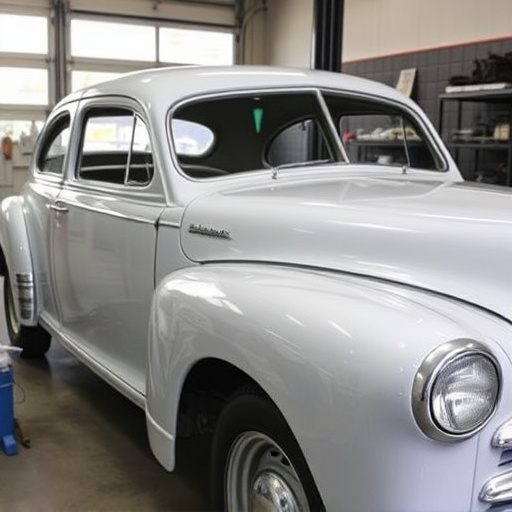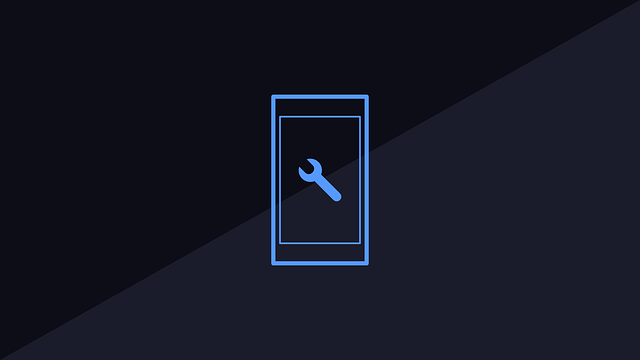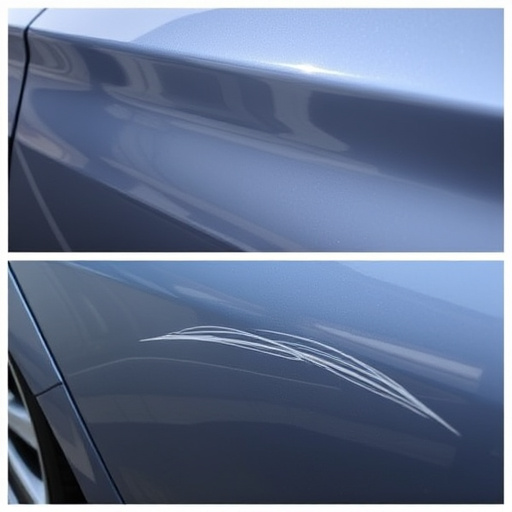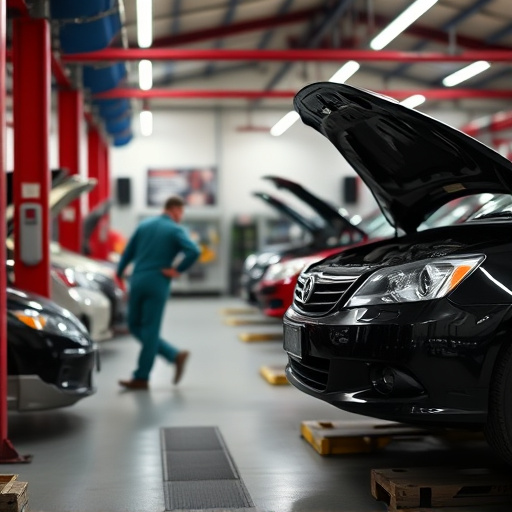After a highway collision, nearby centers offer vital services for vehicle restoration and repair, prioritizing safety and aesthetic recovery through paintless dent repair, comprehensive structural damage assessment, and skilled technicians using state-of-the-art equipment. They facilitate insurance coordination, auto maintenance checks, and return of vehicles to pre-accident condition, providing crucial support beyond immediate response.
After a car accident, navigating the aftermath can be overwhelming. That’s where a highway collision center steps in as a vital resource. These centers offer a range of services from immediate medical aid to vehicle repair coordination. This article explores how understanding and utilizing highway collision center support can streamline post-accident recovery, ensuring you get back on the road safely and efficiently. We’ll break down their key roles and provide practical steps to access these valuable resources.
- Understanding Highway Collision Center Services
- Steps to Access and Utilize Center Resources
- Role of Center in Post-Accident Recovery Process
Understanding Highway Collision Center Services

After a fender bender or any other type of accident on the highway, understanding the services offered by a highway collision center is crucial. These centers are designed to provide comprehensive support for vehicle restoration and repair, ensuring your safety and peace of mind. They offer a wide range of specialized services that go beyond basic repairs, focusing on both functionality and aesthetics.
One of their key strengths lies in providing paintless dent repair solutions, which have become increasingly popular due to their ability to restore vehicles to their original condition without extensive repainting. Additionally, highway collision centers often excel in vehicle restoration, meticulously repairing and restoring damaged cars to their pre-accident state, whether it’s fixing minor dings or handling more complex structural issues.
Steps to Access and Utilize Center Resources
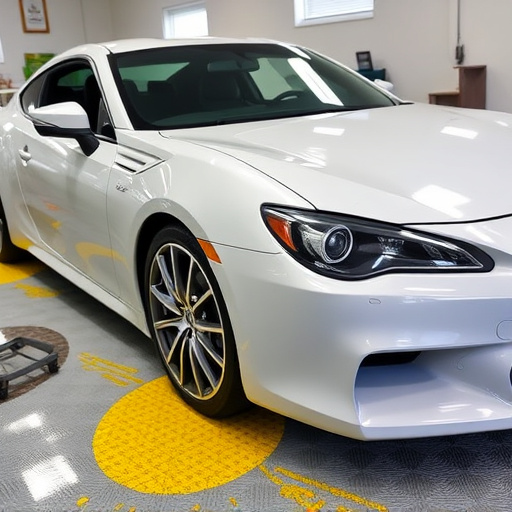
After a highway collision, accessing and utilizing the resources at a highway collision center is crucial for ensuring your safety and that of your vehicle. The first step is to stay calm and assess the situation. If possible, move your vehicle to a safe location off the road or side of the highway. Then, contact emergency services immediately if anyone is injured or if the incident poses a risk to other drivers. Once on-scene help arrives, inform them about the collision center nearby, as they may direct you there for assistance.
At the highway collision center, friendly staff will guide you through the process. They can provide immediate support by facilitating communication with insurance companies, towing services, and repair estimates for your vehicle. The center offers a range of auto body services, including repairs for minor dents to more extensive vehicle collision repair. Don’t hesitate to inquire about their capabilities and ask any questions regarding your vehicle’s bodywork.
Role of Center in Post-Accident Recovery Process

After a car accident, the immediate focus is often on safety and medical attention. However, the role of a highway collision center extends far beyond initial response. These centers play a pivotal part in the post-accident recovery process, offering a range of services tailored to get vehicles back on the road safely and efficiently.
A highway collision center provides essential support through its network of specialized professionals. They facilitate everything from assessing damage, including intricate dent removal processes, to coordinating with insurance providers for seamless claims management. Moreover, these centers ensure that vehicle repairs are conducted by skilled technicians using state-of-the-art equipment, guaranteeing not just structural integrity but also the restoration of a vehicle’s aesthetic appeal via comprehensive body shop services. Additionally, many collision centers offer auto maintenance checks to ensure vehicles meet safety standards before returning to the road.
A highway collision center plays a vital role in facilitating efficient post-accident recovery. By understanding their services, accessing resources promptly, and recognizing their contribution to the process, individuals can navigate challenging situations with support. These centers are equipped to handle various needs, from providing immediate assistance to offering long-term solutions, ensuring a smoother transition back to normalcy after an accident.
